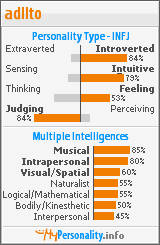 I think most people recognize that songs and music in the minor key are sadder than the major key. The first though I've had is how often are contemporary worship songs in a minor key. If we go back to the Victorian hymnbooks I can recall easily the presence of these especially in the Easter passion season leading up to Easter Sunday. Just a quick reflection as I've been sorting CDs to keep, Fauré Requiem the transitions between major and minors is startling and emotive. The transition in the last two movements Libera Me, in a minor key in a lower octave, to In Paradisum, in a major key in a high voice, is positively sublime.
I think most people recognize that songs and music in the minor key are sadder than the major key. The first though I've had is how often are contemporary worship songs in a minor key. If we go back to the Victorian hymnbooks I can recall easily the presence of these especially in the Easter passion season leading up to Easter Sunday. Just a quick reflection as I've been sorting CDs to keep, Fauré Requiem the transitions between major and minors is startling and emotive. The transition in the last two movements Libera Me, in a minor key in a lower octave, to In Paradisum, in a major key in a high voice, is positively sublime.
The minor third is the clue to understanding sadness. Meagan Curtis of Tufts University has found the minor third progression is not merely a musical thing but occurs in human speech patterns portraying sadness. (At least in American English). So here I return to my old question so why isn't anyone writing worship songs with minor thirds or minor keys and if I've missed them why aren't we using them? Life has its joys and sadness, light and darkness.
Monday, July 19, 2010
The Minor Third
Subscribe to:
Post Comments (Atom)










No comments:
Post a Comment